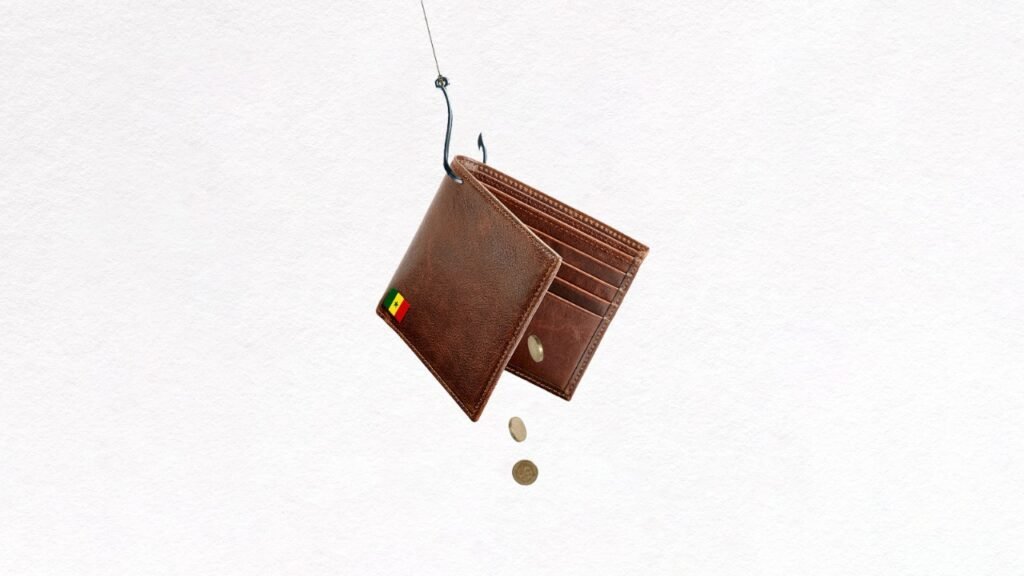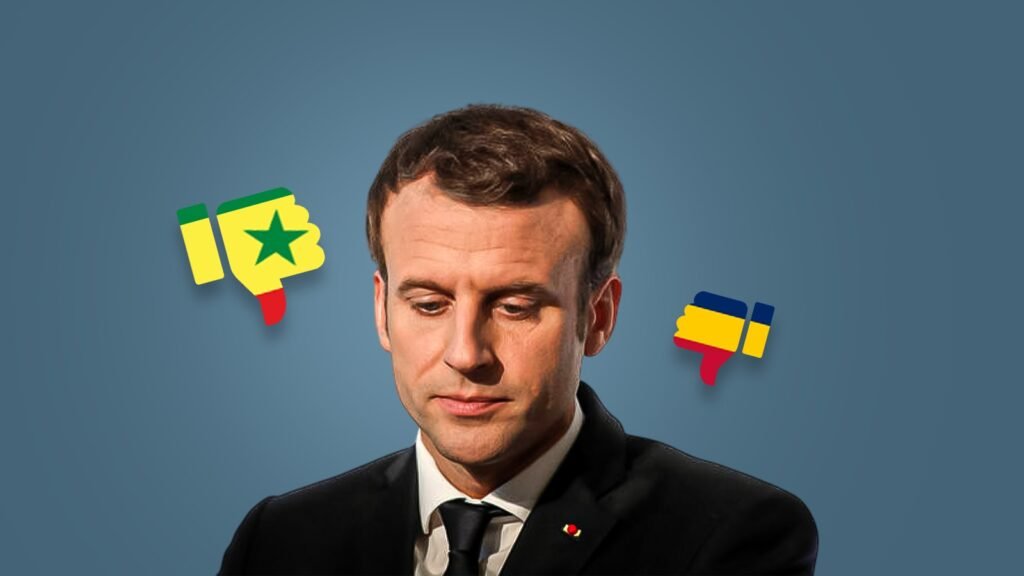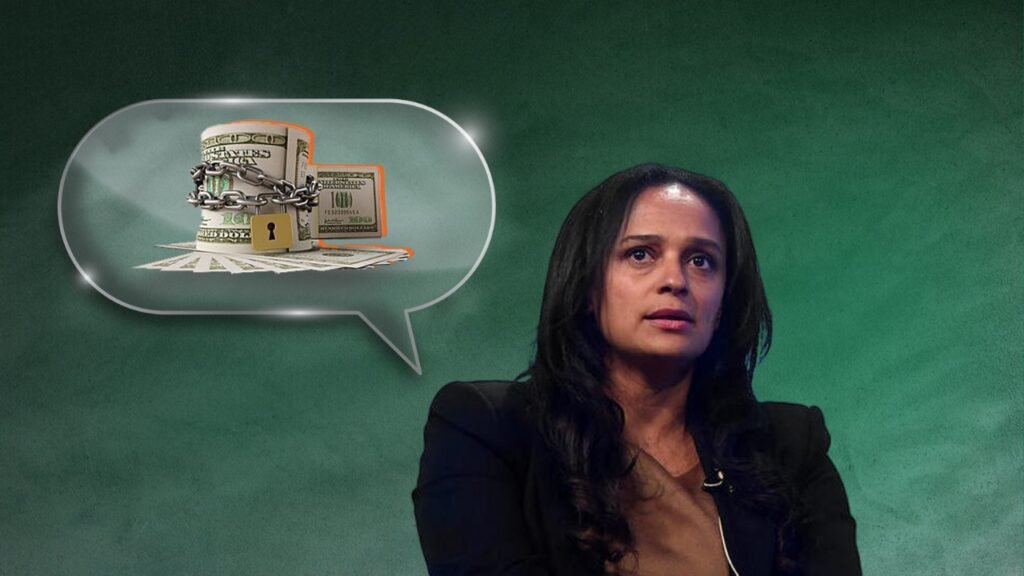Senegal’s economic landscape has been rattled by a financial reality check, with S&P Global Ratings downgrading the country’s credit rating. This move, which sends a clear signal about the nation’s fiscal health, has investors and citizens alike raising their eyebrows—and possibly their budgets.
The downgrade wasn’t a random decision. It follows a report from Senegal’s court of auditors revealing that the country’s deficit during former President Macky Sall’s final term was larger than previously disclosed. In short, the books weren’t as balanced as expected, and now the financial world is reacting accordingly. Markets wasted no time responding to the news. Senegal’s dollar-denominated bonds saw a drop as investor confidence wobbled. A lower credit rating means higher borrowing costs on international markets, making it more expensive for the government to fund projects and manage existing debt. In practical terms, this means less room for economic maneuvering, just when the country could use some financial breathing space.
Senegal has long been hailed as one of West Africa’s more stable nations, with a growing economy supported by agriculture, mining, and services. But this downgrade is a wake-up call. It highlights vulnerabilities in fiscal management and raises questions about how the government plans to navigate mounting debt pressures. Investors will now be watching closely, and so will ordinary citizens, who may feel the pinch in the form of tighter public spending or potential economic slowdowns.
In response to the downgrade, Senegal’s leaders have the unenviable task of restoring investor confidence while keeping public sentiment in check. That means promoting fiscal transparency, tightening budgets, and ensuring that future economic planning doesn’t lead to further downgrades. The tricky part? Doing all of this without making life harder for the average Senegalese citizen, who has already seen inflation and economic uncertainty affect daily living costs.
Public reaction has been mixed. Some see this as a necessary moment of reckoning, demanding greater accountability from policymakers. Others worry about the potential impact on government spending and public services, fearing that financial belt-tightening will land hardest on those who can least afford it. Senegal’s path forward is replete with complexities. The government needs to reassure both global investors and local citizens that the economy is still on solid footing, even as the latest numbers suggest otherwise. The next few months will be crucial in determining whether this downgrade is just a temporary stumble or a sign of deeper economic trouble. One thing is certain: when the bill comes due, someone has to pay.




